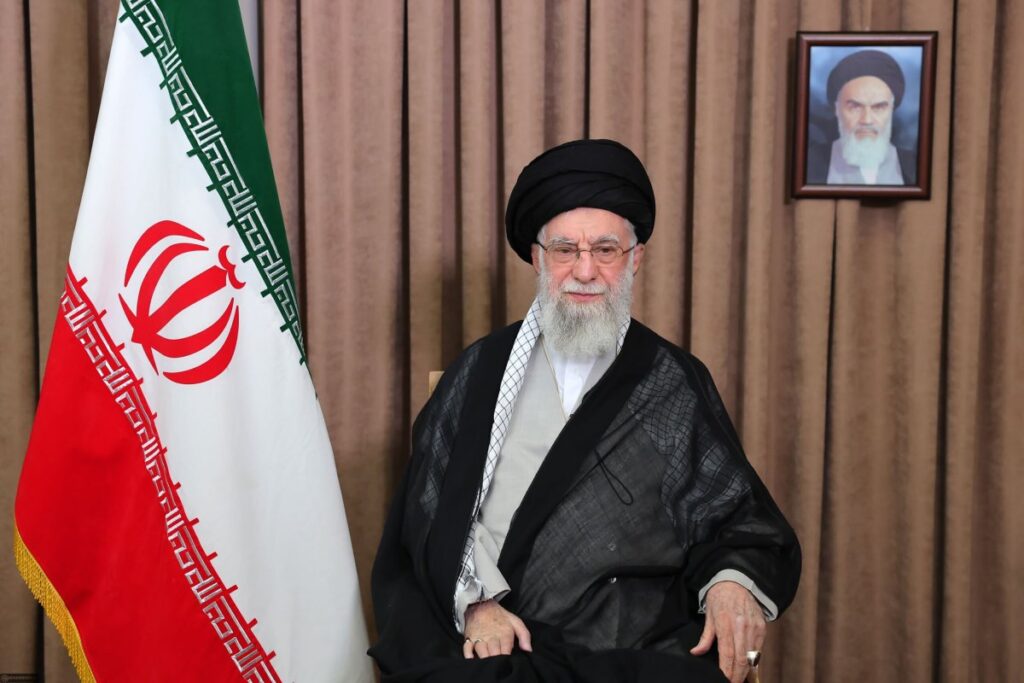
Parliament Approves Closure Resolution
Iran’s Majlis (Parliament) has passed a resolution endorsing the potential closure of the Strait of Hormuz, one of the world’s most strategic oil choke points, in response to recent U.S. airstrikes on its nuclear facilities. The resolution, championed by hardline MPs including Esmaeil Kowsari, signals Tehran’s growing willingness to escalate if national security thresholds are crossed. However, the ultimate authority rests with Iran’s Supreme National Security Council.
Strategic Checkpoint: Understanding Hormuz’s Importance
The Strait of Hormuz, a narrow channel between Iran and Oman, serves as a vital maritime corridor for roughly 20% of global oil and LNG trade, connecting the Persian Gulf to the Arabian Sea. Typically, 18-21 million barrels of oil cross this 104-mile passage daily, destined largely for Asia, including India, China, Japan, and South Korea. Any disruption would ripple through global energy markets and elevate shipping insurance costs sharply.
Military Capability and Political Posturing
Despite the parliamentary vote, Iran’s military leadership has portrayed the move as restrained signalling rather than immediate execution. IRGC Navy Commander Rear Admiral Alireza Tangsiri has confirmed Iran’s capability to enforce such a blockade, if ordered, but emphasized military readiness would be tempered by political calculus. A senior lawmaker from the National Security Committee echoed that the closure would be triggered only if U.S. involvement in supporting Israel escalates.
Oil Market Jitters Emerge
Global oil markets have reacted sharply to these developments. Following earlier U.S. threats and Israeli strikes, oil futures spiked, with Brent crude momentarily up by 7-12%, breaching $78-80 per barrel. Volatility remains elevated, with options market premiums reaching their highest in 25 years, although recent downward corrections saw Brent adjusting to around $75 per barrel.
Potential Oil Price Shock
Analysts warn that a full blockade of Hormuz could send oil prices surging beyond $100 per barrel, possibly between $120-150 if the disruption is prolonged. Such a spike would have direct implications for global inflation, particularly in oil-importing nations. India, which meets approximately 80% of its oil needs through imports ideally via this strait, would face sharply elevated fuel and transportation costs.
India’s Exposure and Market Implications
For India, the effects could be twofold. Firstly, immediate fiscal pressure would rise as crude costs increase. Secondly, downstream industries, from oil marketing companies like IOCL, HPCL, and BPCL to manufacturing sectors reliant on petroleum derivatives, could suffer heavy inflationary impact. Notably, drawing from diversified suppliers, including Russia, has cushioned India somewhat, yet tighter global supplies would still tighten the screws.
Iran’s Self‑Inflicted Risk?
Yet, analysts also highlight that Hormuz disruption would backfire on Iran. Its economy, too, depends heavily on maritime oil exports. Closing the strait would block Tehran’s own shipments and strain vital economic relationships, including with China. A similar 2012 threat did little to alter shipping flows, mainly due to robust U.S. naval presence.
U.S. and Global Response Strategies
U.S. naval forces, along with allied fleets, already maintain a strong presence in the region capable of countering a closure. Historically, Iran has refrained from total blockades, cognizant of the risk of triggering full-scale confrontation. Meanwhile, policies from Washington, like past directives to cut Iranian oil exports to zero, intensify tensions.
Looking Ahead: Risk Management and Markets
What comes next depends heavily on political calibrations in Tehran. The Supreme National Security Council’s position will determine whether the approval becomes action. Markets are now in wait-and-see mode: oil prices remain elevated yet stable around the $75-80 range, but could swing dramatically if Hormuz sees any hint of closure or military skirmishes near critical infrastructure.
Conclusion: A Global Flashpoint
Iran’s parliamentary vote marks a bold escalation in regional brinkmanship, transforming the Strait of Hormuz into a geopolitical fulcrum. For India and other energy-importing nations, the stakes are high, potential price surges, inflationary pressure, industrial strain, and political fallout. Yet, the resolve and actions of both Tehran and Washington, as well as the region’s allied naval deployments, will define whether this remains political posturing or evolves into a costly real-world confrontation.









































Leave a Reply